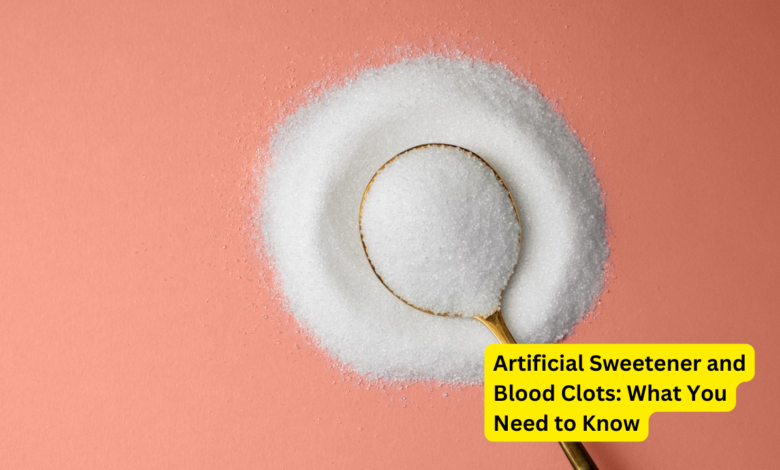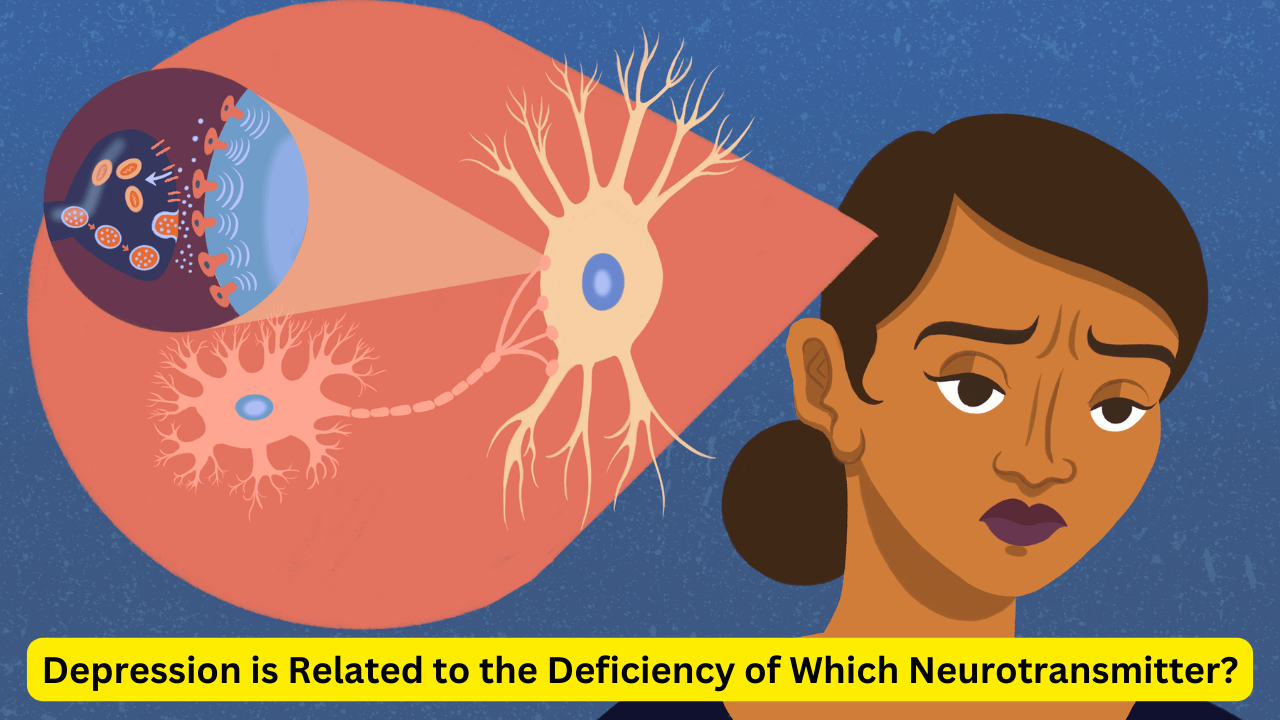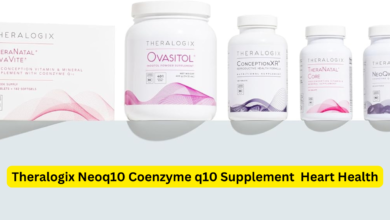Artificial Sweetener and Blood Clots: What You Need to Know

Recent research has sparked a wave of concern regarding artificial sweeteners and their potential link to blood clots. With the popularity of these sugar substitutes in a myriad of products ranging from sodas and baked goods to gum and candy, understanding the implications for health is crucial. This comprehensive analysis delves into the findings, implications, and what this means for consumers.
What Are Artificial Sweeteners?
Artificial sweeteners are synthetic sugar substitutes used to provide the sweetness of sugar without the calories. Commonly used in diet sodas, sugar-free gum, and low-calorie desserts, they include substances such as:
- Aspartame: Found in products like Equal and NutraSweet.
- Sucralose: Known as Splenda, it’s used in a variety of foods and drinks.
- Saccharin: Often marketed under Sweet’N Low.
- Steviol glycosides: Derived from the stevia plant and used in many “natural” sweeteners.
Understanding the Study: Key Findings on Blood Clots
A recent study has raised alarms by suggesting that certain artificial sweeteners may be linked to an increased risk of blood clots. The research highlights a correlation between high consumption of these sweeteners and incidents of clot formation, which can lead to serious health conditions such as stroke or deep vein thrombosis.
Key Points from the Research
- Increased Risk: The study indicates that individuals consuming high levels of artificial sweeteners had a noticeably higher incidence of blood clot-related events compared to those who consumed lower levels.
- Mechanisms of Action: The exact mechanisms by which artificial sweeteners might contribute to clot formation are still under investigation. However, some hypotheses suggest that these sweeteners could alter blood viscosity or affect platelet function.
- Study Population: The research involved a diverse population, including individuals with various pre-existing conditions and lifestyle factors. This broad scope helps provide a clearer picture of potential risks across different demographics.
Potential Health Implications
Understanding the potential implications of these findings is essential for making informed dietary choices. The increased risk of blood clots is particularly concerning for individuals with other risk factors such as:
- Heart Disease: Those with pre-existing cardiovascular conditions might be at a heightened risk.
- Diabetes: People managing diabetes should be cautious, as blood sugar levels can also impact clotting risk.
- Obesity: Excess weight is another factor that could compound the risk associated with artificial sweeteners.
Regulatory and Safety Assessments
Artificial sweeteners are approved by various health authorities worldwide, including the U.S. Food and Drug Administration (FDA) and the European Food Safety Authority (EFSA). These agencies have deemed them safe for consumption within established limits. However, this new research may prompt additional scrutiny and lead to revisions in safety assessments.
Current Regulatory Stance
- FDA Guidelines: The FDA continues to monitor the safety of artificial sweeteners and reassesses them based on new research findings. As of now, these sweeteners are considered safe when consumed within the recommended limits.
- EFSA Position: Similarly, EFSA’s evaluations also support the safety of these substances, although they remain open to new evidence that may affect their recommendations.
Consumer Tips and Recommendations
In light of the new study, consumers may consider the following tips to mitigate potential risks associated with artificial sweeteners:
- Moderation is Key: While the study suggests a link to blood clots, moderation in consumption can help manage risk.
- Diversify Sweeteners: Explore natural sweeteners like honey or maple syrup as alternatives.
- Consult Healthcare Providers: If you have pre-existing conditions or concerns, consult with healthcare professionals to tailor dietary choices to your health needs.
Conclusion: Staying Informed and Safe
The emerging research linking artificial sweeteners to blood clots underscores the importance of staying informed about dietary choices. While further research is needed to establish a definitive connection, it is prudent for consumers to be aware of these findings and make informed decisions. Monitoring your intake and consulting with health professionals can help mitigate potential risks.




